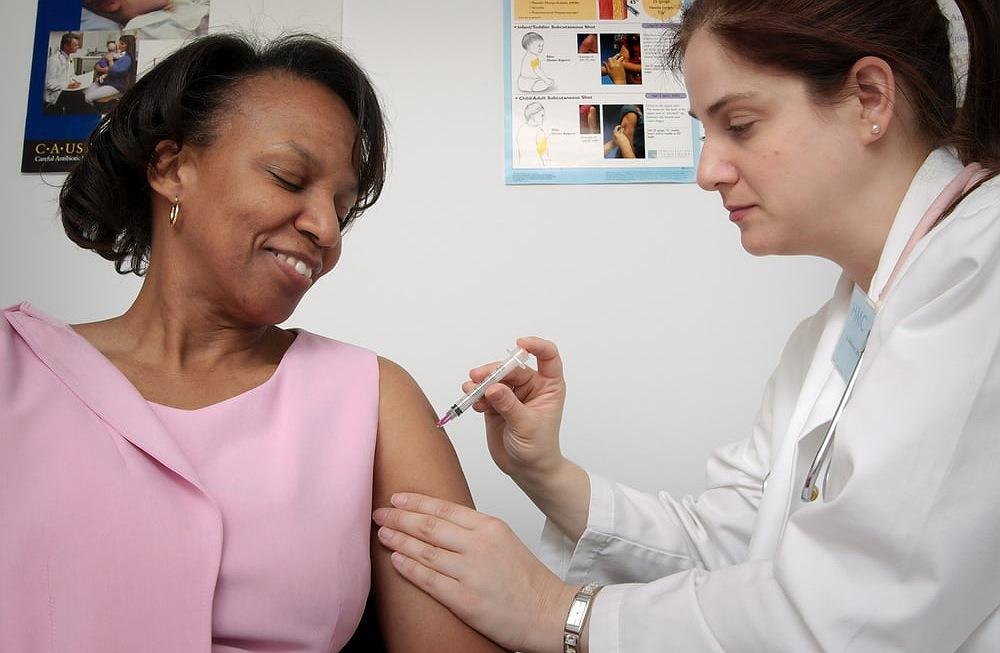Important Things To Know About The Deadly Coronavirus

As of today, 25th January 2020, the world is already tired of getting bad news. From the World War 3 scare and now the emergence of the Coronavirus; a virus which has great possibilities of being pandemic, and maybe claiming the world.
The WHO was informed of the virus around 31st December 2019. This is the kind of thing you see in Sci-Fi movies. A virus biologically created and then sent into the streets. Then people watch other people drop like flies, terrified of dying and of losing the precious civilization which would be at the brink of collapse. So terrifying.
According to CNN, Dozens of people (26 persons) are dead in China and more than 900 infected as the Wuhan coronavirus continues to spread throughout Asia and across the world. Tens of millions under lockdown: At least 11 cities in China’s central Hubei province are facing travel restrictions, including Wuhan itself.
Cities cancel Lunar New Year celebrations: Authorities in Beijing and other cities have canceled some or all large-scale Lunar New Year celebrations, a rare, drastic step to reign in the spread of the virus. Tourist attractions, Disneyland and McDonalds to shut. Amongst other public venues to be shut down are, a section of the Great Wall of China in Beijing, Shanghai Disney Resort, and McDonald’s outlets in five cities.
What is the coronavirus and why is it dangerous? According to Wikipedia, this virus belongs to the family of coronaviruses. Coronaviruses form a large family of viruses, and the illnesses they cause can range from Common cold to more severe diseases such as the Middle East respiratory syndrome (MERS) and severe acute respiratory syndrome (SARS).
Simply put, the virus is from contact with animals. Most especially in cases where people consume infected animals raw. Disgusting really. There’s something about cooking food properly. It saves you from a lot of viruses living in the blood and body of these animals that can cause illnesses.
 Image Source: Unsplash
Image Source: Unsplash
First Outbreak of The Coronavirus
In this virus’s early days, the WHO and other health organizations took it as just another case of pneumonia, but when the situation began to get worse with people dying and others infected with the virus, it began to draw the world’s attention. Originally, this virus broke out in China at the Huanan Seafood Market in Wuhan.
The virus subsequently spread to Bangkok; Tokyo; Seoul; Beijing; Shanghai; Guangdong; Dayuan (Taiwan); Hong Kong; Macau; Everett; Vietnam; and Singapore. There have been 26 fatalities, mostly in and around Wuhan, and 913 known cases as of 22 January 2020. Scientists at the Medical Research Council’s Centre for Global Infectious Disease Analysis at Imperial College London, estimate up to 4,000 people are infected with the coronavirus within the city of Wuhan.
Source: Wikipedia

Image Source: Unsplash
How Coronavirus Is Spread
The Coronavirus is first spread from animals to humans, and then from humans to humans through the air, close personal contact with an infected person, touching surfaces with viral particles on them and from fecal contamination in places of poor hygiene. The virus spreads easily from person to person, and people (especially in China) are wearing face masks to protect themselves from contamination by air.
Symptoms Of Coronavirus
- Runny nose
- Headache
- Cough
- Sore throat
- Fever
- A general feeling of being unwell
Human coronaviruses can sometimes cause lower-respiratory tract illnesses, such as pneumonia or bronchitis. This is more common in people with cardiopulmonary disease, people with weakened immune systems, infants, and older adults.
 Image Source: Unsplash
Image Source: Unsplash
What To Do When You Suspect You Have The Coronavirus Infection?
- Call 911 or get to a hospital.
If you can not get to a hospital,
- Rest
- Drink a lot of fluids
- Take pain relievers and OTC medications for your symptoms.
Ways To Prevent The Coronavirus Infection
- Wear a face mask.
- Do not stay close to someone who is sneezing or wheezing.
- Be careful who you shake hand with or hug.
- Wash your hands often over running water, and keep away from sense organs.
- Eat food and drink liquids that will boost your immune system.
Dear pet lover here is something for you.
Knowing that the virus is transmitted from animals to humans has made some of us, who keep pets, scared of contracting the virus while we care for them. Here is an overview of what Coronavirus does in dogs and cats and how infectious it is to humans.
Coronavirus In Dogs
Coronavirus infection is a highly contagious infection of dogs that primarily attacks the intestinal tract. The disease is spread from dog to dog through contact with feces. After coronavirus has been transmitted to a dog, the incubation (development) period of the disease can be as short as one to four days.
Symptoms and Identification
Coronavirus infections are typically mild and self-limiting (resolving without treatment), and infected dogs may have several days of diarrhea that resolves without treatment. Other signs may include:
- Depression
- Fever
- Loss of appetite
- Vomiting
Note: The canine Coronavirus virus is canine, and cannot be passed on to humans. Happy now?

Image Source: Unsplash
Coronavirus In Cats
Feline coronavirus is fairly common among cats and is transmitted through the feces of other infected cats or from breathing in contaminants. Feline infectious peritonitis is caused by the feces or airborne contaminants of certain strains of the coronavirus. Some types of feline coronaviruses can mutate and attack the white blood cells, which then carry the disease throughout the body. When this mutation occurs, it causes feline infectious peritonitis virus.
Symptoms of Coronavirus in Cats
Symptoms of feline infectious peritonitis depend on, the type of strain of coronavirus that the cat has contracted, the age of the cat, the cat’s immune system, and what specific organs are attacked by the virus.
The virus can be one of two types, wet or dry, with symptoms depending on the type of feline infectious peritonitis the cat has contracted.
Wet/Effusive
- Fever that doesn’t respond to pain reliever or antibiotics
- Weight loss
- Anorexia (lack of appetite)
- Lethargy
- Sneezing
- Watery eyes
- Nasal discharge
- Diarrhea
- Abdominal distension (non painful abdominal swelling)
- Breathing difficulties
- Fluid in the chest cavity
- Granulomas that form on different organs of the body
Dry/Non-Effusive
- Fever that doesn’t respond to pain relievers or antibiotics
- Poor growth (in young kittens)
- Eye inflammation
- Jaundice
- Depression
- Anemia
- Diarrhea
- Depression
- Neurological symptoms, which include loss of sight, loss of balance or inability to properly run/walk due to loss of coordination

Image Source: Unsplash
Conclusion
Coronavirus is a deadly virus with symptoms of the common cold and other popular viral infections. Symptoms might be deceiving, and because of this a lot of people do not even know when they have the virus. Yet, it is dangerous and has spread as far as Europe already. However, noble efforts are being made to ensure it doesn’t spread farther. From quarantining infected persons, to entire cities on lockdown and airport screening.
It is obvious that everyone is taking this as seriously as they should. Meanwhile, let us all focus on making this world a safer place where everyone practices good eating habits and good hygiene. Be well!
She's a beauty and an exquisite lady who enjoys the high life in writing and poetry. Her writing style and prowess is innovative and focuses on the feminine perspective, bringing nothing but wholesome gratification to the African, Afrocentric and Afro-American women at large

